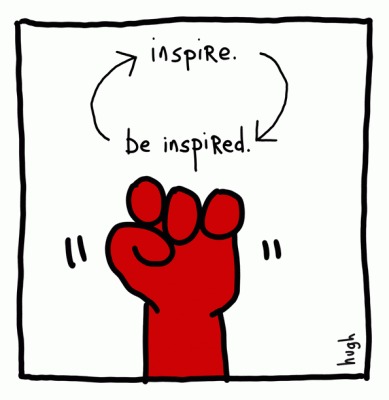 This week (nearly everyone) trecked out to San Francisco for the Game Developers Conference (no, not me), and we therefore could hear and read a lot about where gaming, specifically also mobile gaming, is these days. So what is the state of play? Varied, it seems:
This week (nearly everyone) trecked out to San Francisco for the Game Developers Conference (no, not me), and we therefore could hear and read a lot about where gaming, specifically also mobile gaming, is these days. So what is the state of play? Varied, it seems:
On-deck/off-deck was addressed: Kristian Segerstrale, formerly of Macrospace/Glu, now fresh start-up entrepreneur with his Playfish offering described the current landscape rather neatly: “Competitive development, Ogopolistic publishers, but monopolistic retail.” (This was – unsurprisingly – seconded by Nokia‘s multimedia guru, Anssi Vanjoki). Segerstrale damned the economics of the space with carriers syphoning off 30-40% for billing when the same can be had for a few points from Google check-out, Paypal, etc. He went on to predict that it will be the carriers’ doom to stick to that model and painted a bright future. I quite agree with him on this, mainly for two reasons: 1) the move into flat-rate data plans for mobiles; these will take away the fear of people browsing outside the constraints of the carrier that they will face huge bills, and – to some extents connected to the first point – 2) the fall of the walled gardens. This will mean that a whole new playing field is opening: consumers will no longer be constrained to buy games (and, for that matter, any other content) on their carrier deck where choice has been limited and innovation not always prevailing but anywhere on the whole wide web.
 Such a development would arguably also clean up with another of these quirky carrier specifics, namely content discovery. On one of GDC’s panel discussions it was noted that, “[w]hen shopping on the deck, it is easy to know what an application does based on its name. However games are much harder to sell based on a 17-character title. There is no description and no ability to preview a game (such as viewing a trailer) before downloading. In the discussion, the example of Amazon was used to describe the kind of preview and recommendation system that needs to develop for mobile games.” True enough…
Such a development would arguably also clean up with another of these quirky carrier specifics, namely content discovery. On one of GDC’s panel discussions it was noted that, “[w]hen shopping on the deck, it is easy to know what an application does based on its name. However games are much harder to sell based on a 17-character title. There is no description and no ability to preview a game (such as viewing a trailer) before downloading. In the discussion, the example of Amazon was used to describe the kind of preview and recommendation system that needs to develop for mobile games.” True enough…
On the market as a whole, others, namely some of the money-men, were less buoyant: Mitch Lasky, formerly of Jamdat, now a VC with Benchmark Capital, warned that finding an exit in the next 2 years would be tough as the industry was “in the midst of a multi-year transition”, whatever that is supposed to mean. He is of course right in that the sector is consolidating, and 2007 was a tough year for most in the mobile game space (more on that below).
And then came the mobile gaming heavyweights from Gameloft and claimed that there had not been a Christmas in 2007. How’s that for a bleak outlook? The mighty Frenchmen’ President & CEO, Michel Guillemot compared that to a transition (is this a theme?) between console platforms: before the new one is really in, no one will buy a game anymore. Now, with all due respect, I do not believe that the slump of the mobile games market that many seemed to have been experiencing is hardware-driven. I would rather blame it on the choking hold the severely flawed business model in the space (see above) and actually increasing scarcity of deck space due to carriers reducing the number of slots available.
This last bit specifically was stoically conceded by Glu’s Jill Braff: she said one had to understand the way carriers operate (and, yes, from their perspective I think I do) and then “work in the system”. That might all be fine and dandy for the few who manage to place it. It does not, however, grow the market, educate consumers (and retailers) or gets games to that next level. I mean, on 5-8% take-up on downloadable mobile games, you are talking about a niche. Shouldn’t Ms Brasff rather be pondering on how to break that mold and make mobile gaming a true mass market phenomenon? Getting your head down, sighing and “work in the system” might not actually be an approach that helps that.
The gordian knot will only be cut if the distribution funnel opens up: this does not necessarily mean that carriers will lose the war but they will have to change their approach — eventually. Just imagine an ISP trying to dictate what game you’d be allowed to access. There used to be one, you say? True enough: the old AOL model. And where are they now when it comes to access? The iron curtain fell, the walled gardens on the Internet fell, and they will fall on mobile, too.


 I will be setting off to San Francisco to seek out the geek fest that is
I will be setting off to San Francisco to seek out the geek fest that is 
